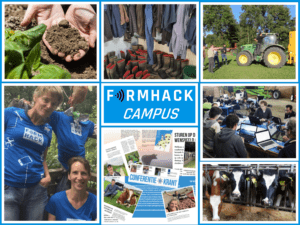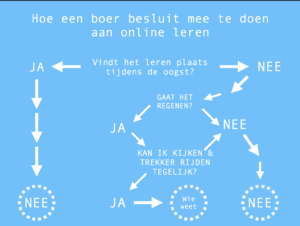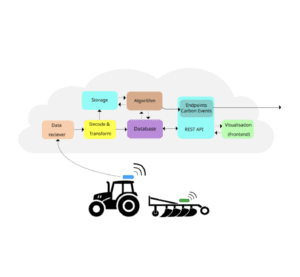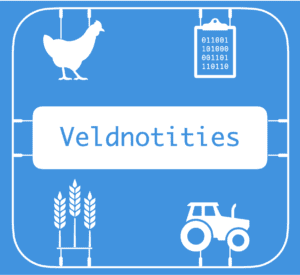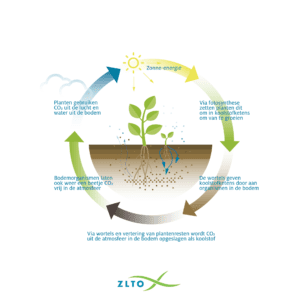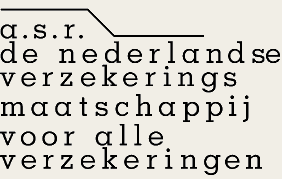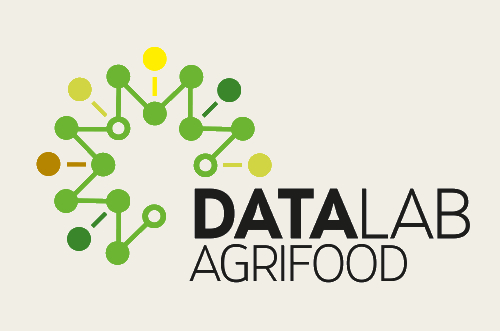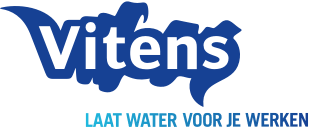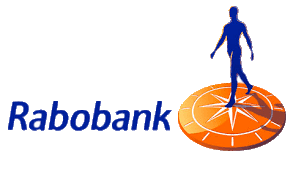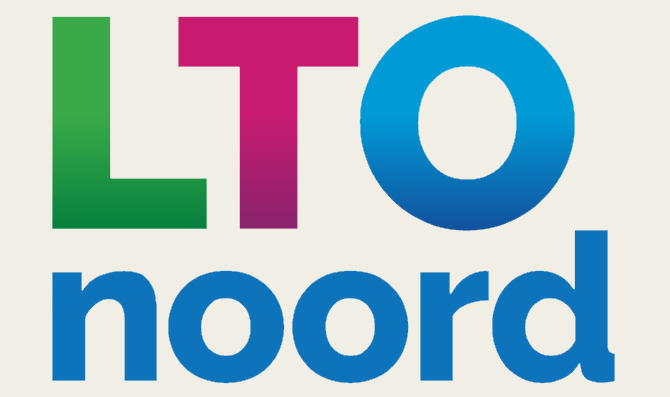
Door Anne Bruinsma
Big Data for Bees Update
To protect pollinators, and especially the wild bee species, the NL Pollinator Strategy ‘Bed & Breakfast for Bees’ was signed by the Dutch Ministry of Agriculture, nature conservation institutions, agriculture organizations, business and many others. Part of this strategy is the Big Data for Bees hackathon on the 14th and 15th of December, in collaboration with the Jheronimus Academy of Data Science. An update from Koos Biesmeijer, scientific director of Naturalis Biodiversity Center and one of the challengers at the hackathon!
Bee Friendly Green Infrastructure
Koos has worked on biodiversity change for over 20 years, focussing on interactions between pollinators and plants. He is an expert in large-scale linked pollinator and plants declines. A groundbreaking project he is currently working on in collaboration with Wageningen University, is called “Bloeibogen voor wilde Bijen” or Bee Friendly Green Infrastructure. Koos: “There is a lot of interest in society to run bee-friendly initiatives, often involving flower and herb strips. And although this is in potential a very powerful contribution, at this stage the preconditions for success are not sufficiently known. Ideally these initiatives match the needs of the local bee fauna and also the part of the local flora that can serve as food for those bees.”
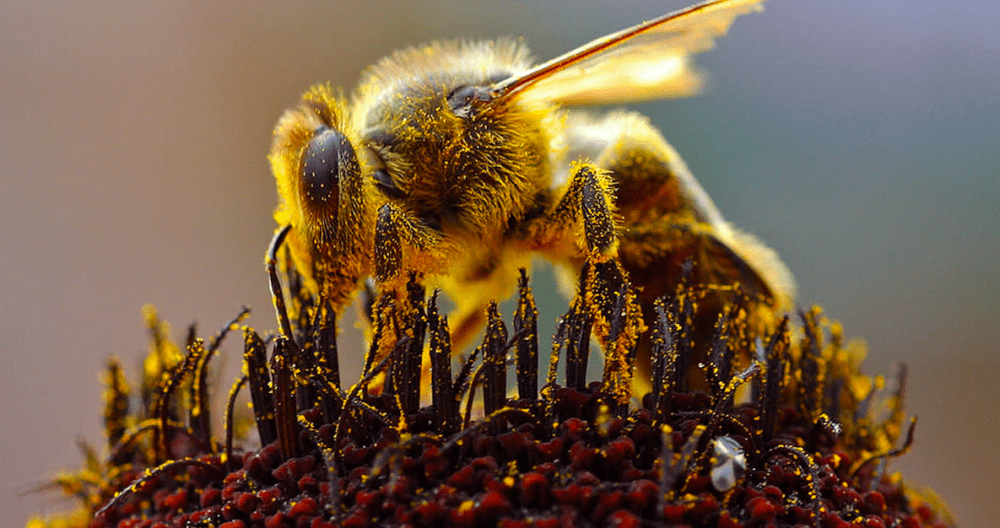
Picture by Naturalis
Much of the relevant and necessary data to be smart about these types of initiatives are available. But the data is fragmented, and knowledge is insufficiently mobilized. As a consequence initiators barely have access to relevant information about the local bee fauna they are supporting, the ecological needs of these species (food, nesting, host), or to the main food plants of these bee species and their availability during the growing season. Koos: “We can empower these initiatives with better access to basic intel on bees, their ecological characteristics and food plants. This will give a big boost to the NL Pollinator strategy. I hope that the hackathon will help us with this ambition. Also because there is an amazing opportunity to scale up this open access approach to the rest of Europe, through the Coalition of the Willing on Pollinators and the EU Pollinator Initiative.”
Big Data for Bees Hackathon
Koos: “As we speak, we are converting available data, knowledge and models into the public domain. The hackathon can help put this common knowledge infrastructure to use and contribute to the process through articulation of demand for data, testing preferred terms of use and of course building interesting use cases.”
For the hackathon we have multiple challenges. We are looking for smart decision support tools for municipalities, infra companies, beekeepers and farmers alike. If they are somehow interconnected and matched, we can be smart about building and maintaining an optimal bee friendly Green Infrastructure throughout the season. In addition, we have challenges coming from the partners of the NL Pollinator Strategy, such as the “Groene Cirkels Bijenlandschap”. Against all odds, they have managed to increase the number of bee species by 34% in three years!. They want to get to the next level, by making their monitoring even smarter, including new data and data models that others are working on.

Koos Biesmeijer (on the right)
Collaboration
Koos: “I think that we can make a difference in pollinator and pollination research by providing information in accessible and understandable ways, listening to other points of view, engaging in other cultures and approaches to come to a mutual understanding of the problem and its possible solutions. Joint research on bees and other pollinators should involve scientists, policy-makers, NGOs, industry and outreach/education specialists in order to take important steps towards sustainable (crop) pollination. This is how we have designed the hackathon as well.”
The hackathon will take place at the JADS Mariënburg Campus, in Den Bosch on the 14th and 15th of December. There are a few places left, so you can still register!


